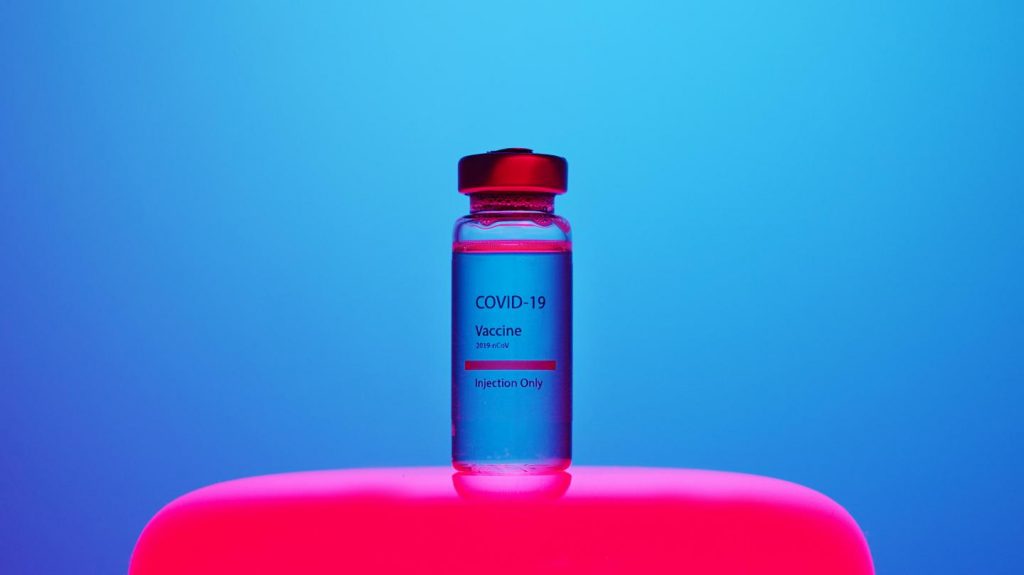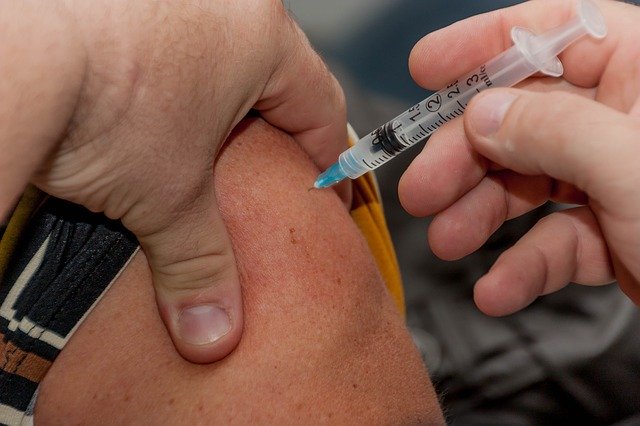“The two 42-day trials—including 38 healthy adults each—did not find any serious adverse effects among participants, and confirmed that the vaccine candidates elicit an antibody response,” reported The Lancet.
The journal published a paper that reports the findings from two small-scale clinical trials testing the safety and efficacy of a candidate vaccine, Sputnik V. The vaccine came in two preparations: frozen formulation and freeze-dried formulation.
The frozen formulation is developed for large-scale rapid use worldwide, while the freeze-dried formulation is aimed at hard-to-reach regions as it is more stable and can be stored at 2-8 degrees centigrade.
The vaccination has two parts, type 26 and type 5, as named according to the name of the vector virus, the carrier of the gene. Both vaccine preparations are based on recombinant adenovirus vectors technology.
In this technology, an engineered adenovirus carries a fragment of the gene of the virus SARS-CoV-2 that causes Covid-19. Once the vaccine is injected, the vector virus delivered its genetic materials in the human cells and generates a kind of protein that exists on the surface of the SARS-CoV-2 virus. The body’s immune system considers the protein as a threat and develops antibodies against that protein, and ultimately neutralizes the Covid-19 virus when, in reality, it infects humans.
Oxford’s vaccine, CanSino’s vaccine, and a few other vaccine candidates around the world are based on this technology. This type of vaccine is injected for one time, and a booster shot is usually not expected.
The reason is a booster shot may not work. Already developed antibodies, due to the immune response, the immune system considers the second dose, the vector, as a threat and attacks it. Therefore, the vector cannot enter human cells. To overcome this issue, the Sputnik V has two preparations made from two different vectors having the same genetic materials.
Trials of Sputnik V took place in two hospitals in Russia. The trails were open level meaning the participants knew that they were getting the vaccine and were not assigned for any other treatment.

The trials recruited 76 healthy adults aged 18-60 years. The participants stayed in the hospital for the first 28 days of the trials. Some participants, 24% to 58%, experienced high temperature, headache, muscle pain, lack of energy within 42 days of the vaccination period, but all the symptoms were mild and considered tolerable.
The study also compared levels of antibodies generated due to vaccination with the antibodies generated from natural infections in Covid-19 patients. The study stated that the antibody responses from vaccination appear to be higher in people vaccinated. Vaccination elicited a higher level of SARS-CoV-2 neutralizing antibodies than in people who had recovered from COVID-19.
The authors, state that more research is needed to evaluate the vaccine in different populations, including older age groups, individuals with underlying medical conditions, and people in at-risk groups.
















